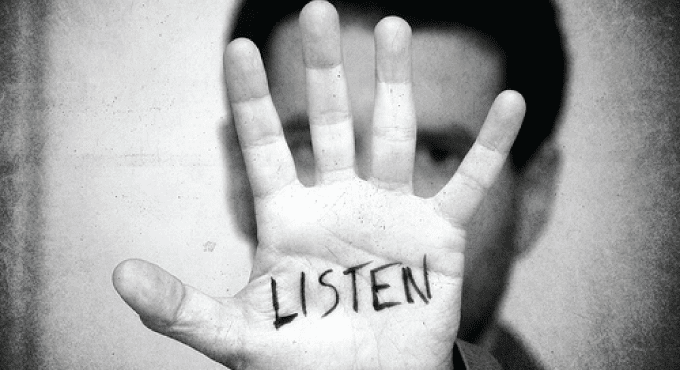Emotional intelligence (EI) refers to the ability to recognize and manage one's own emotions, as well as the capacity to understand the emotions of others. It plays a crucial role in human interaction, contributing to the development of better relationships, improved decision-making, and enhanced overall achievements.
KEEP IN MIND...
Importance of Emotional Intelligence:
Emotional intelligence is a critical skill that facilitates effective communication, builds trust, and fosters strong connections with others. It enables a deeper understanding of emotions, leading to more meaningful relationships.
Recognize and Label Emotions:

To develop emotional intelligence, it is essential to be aware of your own emotions and be able to identify and articulate them. Pay attention to your feelings and use words to describe them. This practice helps you understand how emotions influence your thoughts and behaviors.
Practice Empathy:

Empathy is vital for establishing meaningful connections and relationships. It involves the ability to share and understand the feelings of others. Put yourself in someone else's shoes to better comprehend their perspective and emotions.
Develop Emotional Regulation Skills:
Emotional regulation skills are crucial for managing emotions effectively. They help in avoiding impulsive behavior and making sound decisions. Identify triggers that elicit strong emotions and develop strategies to address them.
Practice Active Listening:

Active listening is an integral part of emotional intelligence. It demonstrates your attentiveness and shows that you genuinely care about what the other person is saying. Practice focused listening, ask clarifying questions, and seek to understand the speaker's message.
Seek Feedback:
Seeking feedback from others fosters the development of emotional intelligence. Ask individuals with whom you interact to provide feedback on your communication skills. Utilize this feedback to identify areas for improvement and enhance your emotional intelligence.
Practice Mindfulness:

Mindfulness involves being fully present and aware of your thoughts, emotions, and surroundings. Cultivating mindfulness enhances self-awareness, emotional regulation, and overall emotional intelligence.
Developing emotional intelligence is crucial for building better relationships and making sound decisions in all aspects of life. By incorporating these practices, you can enhance your understanding and management of emotions, leading to personal growth and success.
FROM THE PROFESSIONALS
"If your emotional abilities aren't in hand, if you don't have self-awareness, if you are not able to manage your distressing emotions, if you can't have empathy and have effective relationships, then no matter how smart you are, you are not going to get very far." — Daniel Goleman, psychologist and author.
"Emotional intelligence is your ability to recognize and understand emotions in yourself and others, and your ability to use this awareness to manage your behavior and relationships." — Travis Bradberry, expert in assessment and self-improvement.
"I want to focus here on what I consider to be the most central, most significant mode of learning involved in the process of developing emotional intelligence: gaining insight through expanding awareness." — Wayne Payne, researcher on emotion and emotional intelligence.
ASK YOURSELF:
Which of the recommended practices for developing emotional intelligence have you already been incorporating into your daily life?
Embrace the journey of understanding and developing emotional intelligence, as it holds the key to building stronger relationships, making wiser decisions, and achieving greater personal growth.

I'll see you in class,
Dante







 English
English 日本語
日本語 中文(简体)
中文(简体) 中文(繁體)
中文(繁體) 한국어
한국어 Italiano
Italiano español
español Deutsch
Deutsch Русский
Русский




